Taylor Melody, Elk Grove, California asks:
Hello Carly. If elected President, how would you propose fixing the staggering student debt crisis and do you have any proposals to make college more affordable?
Carly Fiorina:
So you know what’s interesting to me about student debt? It is the height of cynicism as demonstrated by the Democrat Party. You know, the federal government under Democrats has nationalized the student loan business. It used to be it was a fairly competitive business. In other words, loan companies competed for your business. No more. The federal government took it over and they set the interest rates, and so the interest rates are, you know, somewhere between four-and-a-half and five-and-a-half percent, even though the government is paying interest on its own debt that’s maybe a quarter of that. Does that sound like a racket? You bet. It is.
Secondly, the government piles all of these rules and requirements on colleges, accreditation as but one example, that makes college more expensive.
So, I would return the free market to the student loan industry. Secondly, I would enable as much choice and competition in higher education as possible. The Obama administration, for example, has been trying to drive for-profit universities out of business. Why? For-profit universities do a very good job of educating a lot of people at a lower cost. Technology, now, makes a college education so much more affordable. MOOCs, you may have heard that term: Massively Online Open Coursework, MOOCs are available all over. We ought to allow students to take advantage of that, and the accreditation process, which the Department of Education, the federal government runs, makes that more difficult.
So the government needs to play a far less heavy-handed role here, both in terms of financing a college education and in terms of defining what constitutes an acceptable college education.
Daniel Jeremiah Murphy, Lewisburg, Tennessee asks:
In 1989, you wrote a master’s dissertation on education that concluded by saying “I have ended by believing that we will never meet our own expectations of public education unless the federal government is willing to play a consistent, long-term role.” The United States has been behind in education for decades now despite yearly increased involvement from the federal government. Do you still believe we need more involvement from the federal government?
Carly Fiorina:
Well, interesting that that’s not what I said in the thesis. I didn’t say more, in fact, I commented, frequently, in that thesis, about the fact that the Department of Education has gotten bigger and bigger and bigger for 40 years probably and the quality of education has declined. What I did say is the federal government needs to play a consistent role, and I believe that, and here is the consistent role that I think the federal government ought to play.
The federal government ought to be in the business of encouraging as much choice, as much competition, and as much parental control as possible. So, for example, Common Core is a bad idea. Common Core is a heavy-handed bureaucratic program. It’s also crony capitalism at its finest because testing companies and textbook companies are helping to write the rules. It’s a federal government telling people, telling teachers how to teach and students how to learn.
Instead, we know that the most important thing in a quality education is a good teacher standing in the front of the classroom and an involved parent. So we need to give parents as many options as possible. That could mean home-schooling, it could mean parochial-schooling, it could be vouchers, it could be charters. The more choices there are, the more competition there is, the better off a parent’s choices are going to be and that means the better off a child will be, in terms of the chances they have.
And, of course, we have to start pushing back hard on the teachers’ unions who are always arguing against teacher accountability. Teachers have to be held accountable in the classroom, but the best people to hold a teacher accountable are parents, local school boards, not the federal government, and not the unions.
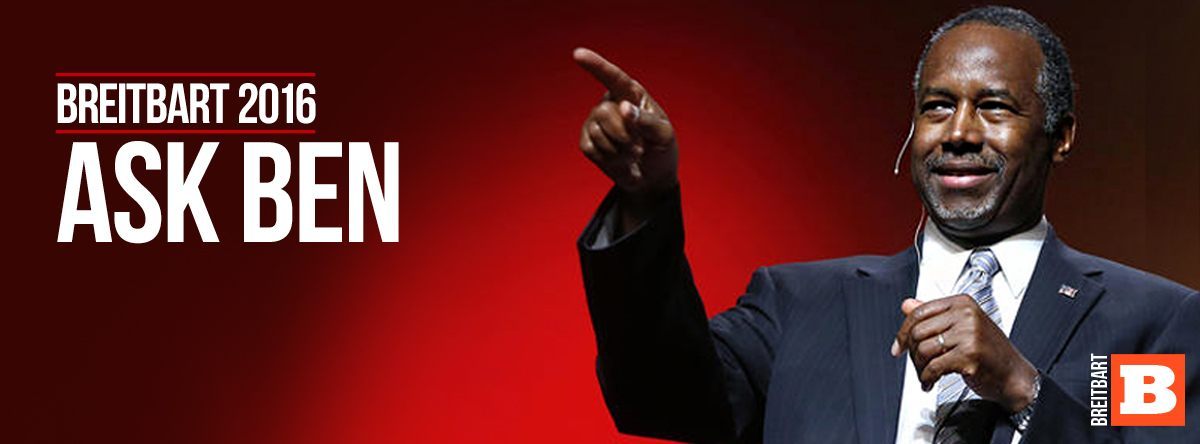
Submit your questions to Ask Ben here.
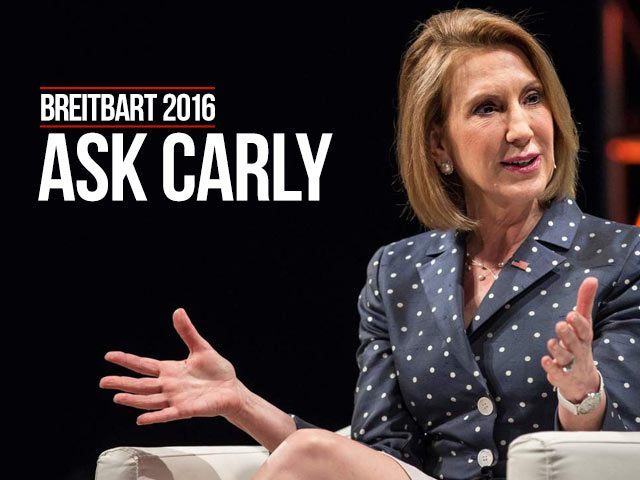
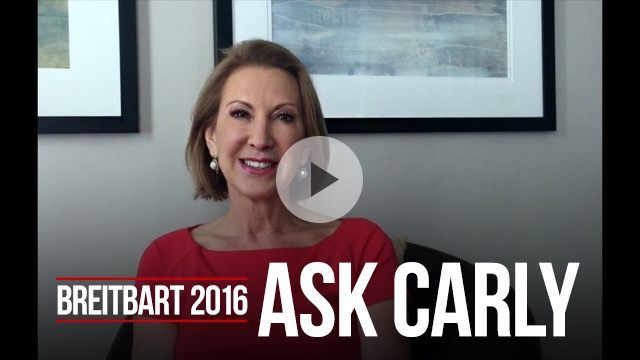
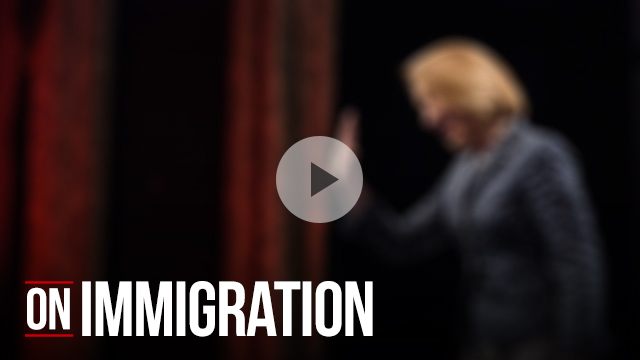
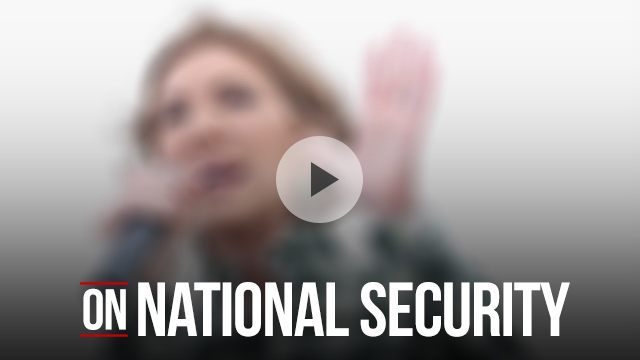
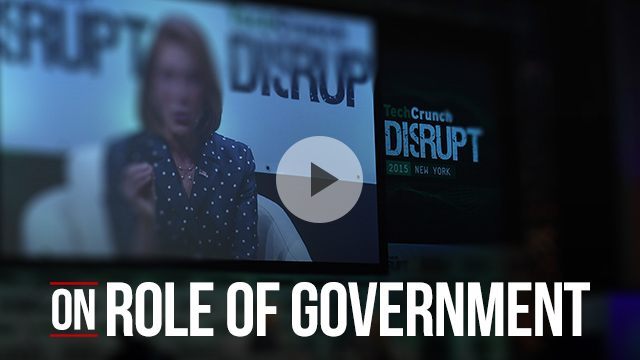
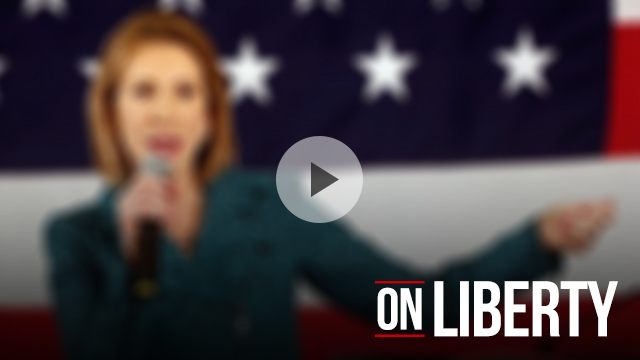
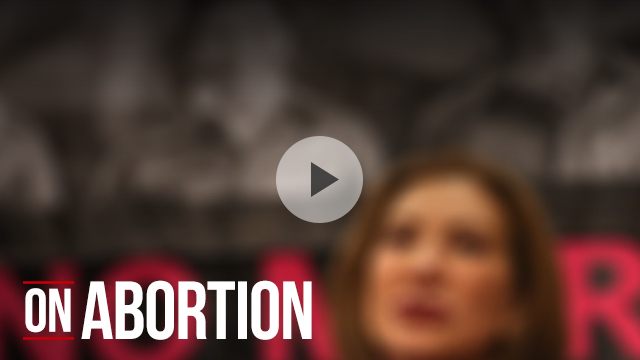
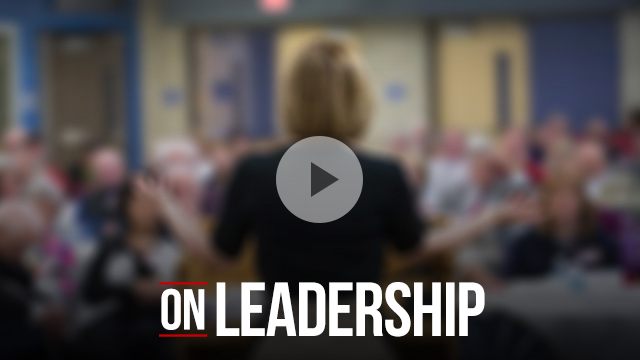
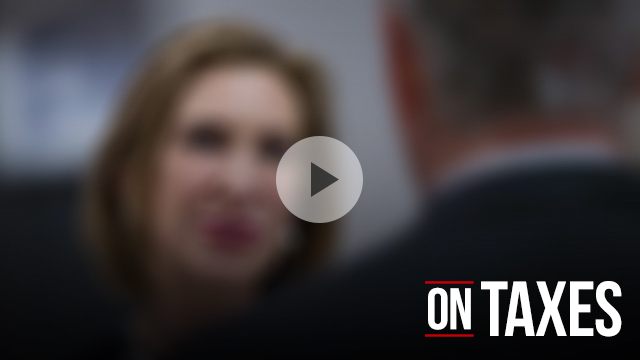
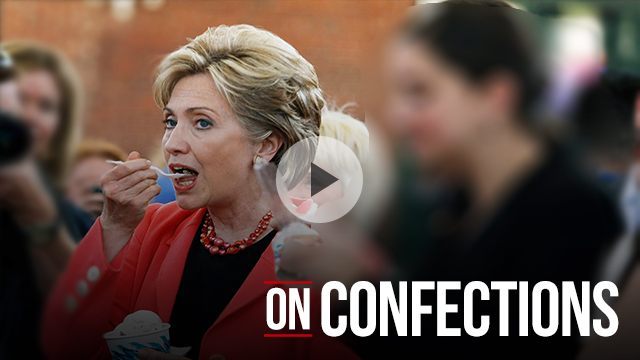
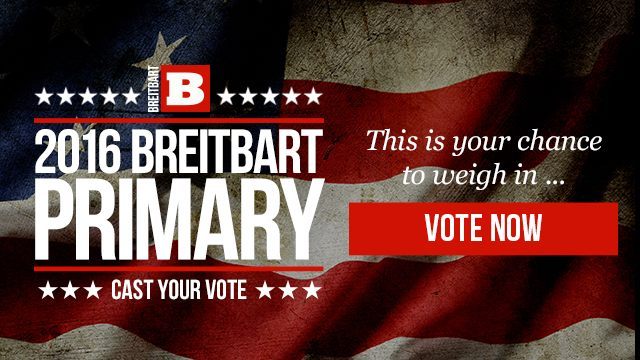
COMMENTS
Please let us know if you're having issues with commenting.